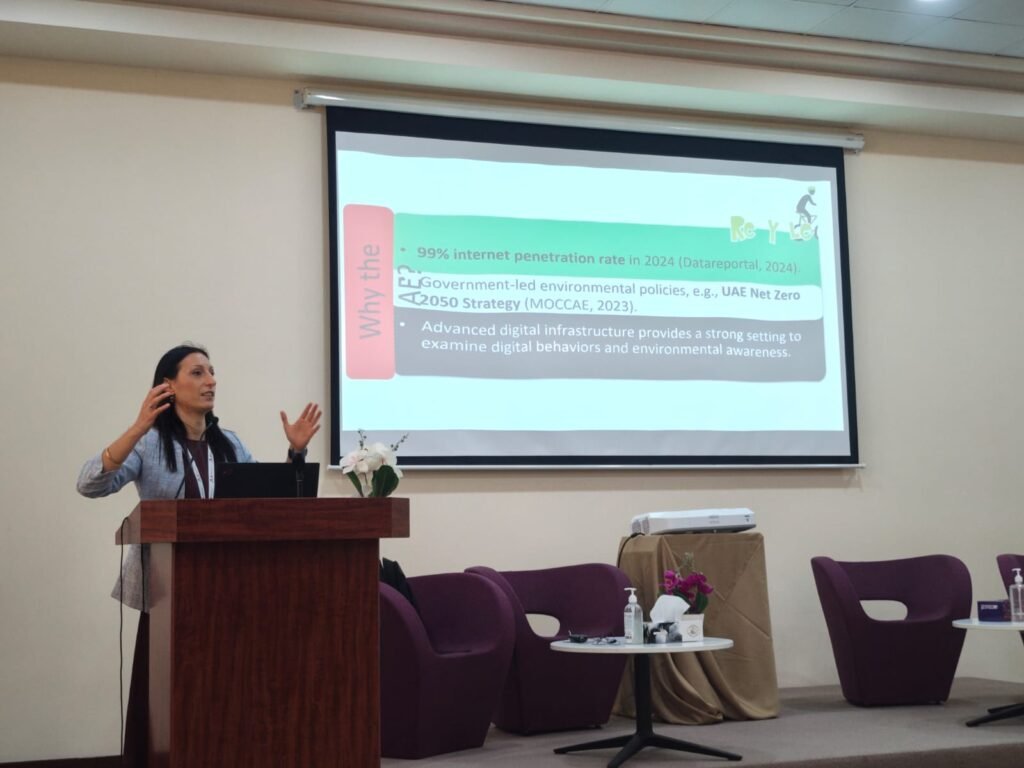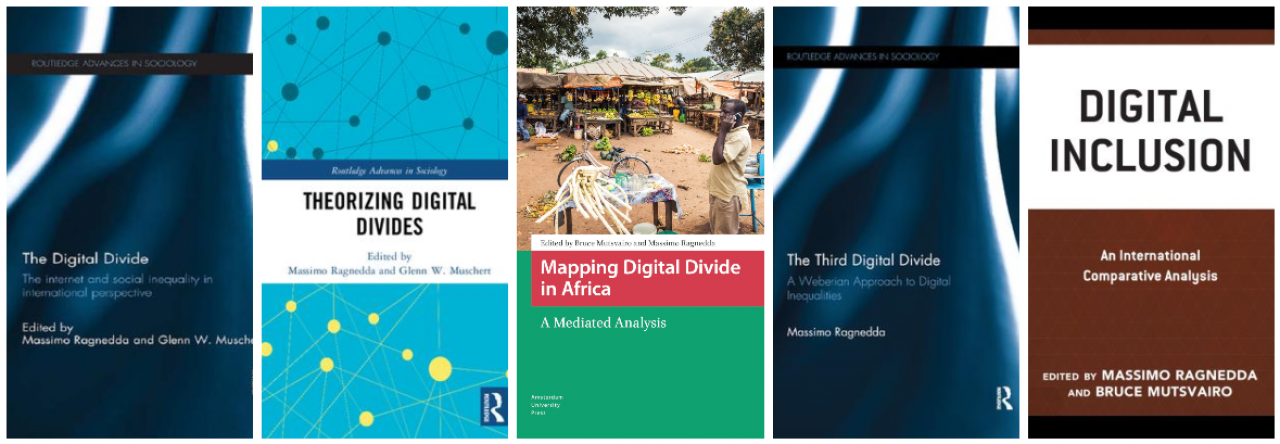
On April 17–18, 2025, the University of Sharjah hosted the international symposium Digital Capital and Political Systems: Shaping Inequalities in a Technological Age—a vibrant, interdisciplinary event that brought together scholars, researchers, students, and practitioners from 18 countries. With over 40 authors, 33 presentations, and two powerful keynote addresses, the symposium unpacked the complex role of digital capital in structuring access, influence, and equity in a rapidly evolving technological landscape.
What Is Digital Capital and Why Does It Matter?
At the heart of the symposium was the concept of digital capital—a framework that has become essential for understanding how inequalities are created, reinforced, or contested in digital environments. Drawing from Pierre Bourdieu’s theory of capital, digital capital encompasses the skills, resources, and competencies individuals possess that enable them to navigate and benefit from digital technologies. Just as economic, cultural, and social capital shape one’s life chances, digital capital now plays a defining role in determining educational access, economic mobility, civic participation, and social connectivity.
Importantly, digital capital is not evenly distributed. Its accumulation depends on access to infrastructure, opportunities for learning, and the social and cultural conditions that support digital engagement. As digitalization becomes ubiquitous—from public services and political participation to education and environmental activism—understanding and measuring digital capital becomes critical to addressing the structural factors behind inclusion and exclusion in the digital age.
Keynote Highlights: Power, Platform Capitalism, and Interconnected Inequalities

The symposium opened with a keynote by Jeremy Schulz (University of California, Berkeley), titled How to Think about the Digital Elite. Schulz provided a sharp analysis of how digital capital is concentrated among a new “digital elite”—those with the knowledge, resources, and platform control to shape narratives, economies, and political discourse globally. His talk highlighted how ownership of platforms and technical fluency translate into forms of symbolic and social capital, allowing elites to maintain and deepen structural power imbalances.

The second keynote, delivered by Maria Laura Ruiu (American University of Sharjah), addressed the interconnected nature of digital and environmental inequalities. In Framing Digital and Environmental Challenges as Interconnected Inequalities, Ruiu argued that access to digital tools is increasingly vital for environmental sustainability and civic engagement. She called for an integrated policy approach—combining education, digital equity, and environmental justice—to support more resilient and inclusive communities.
Core Themes: The Double-Edged Nature of Digital Capital
The eight sessions that followed the keynotes offered a deep dive into the ambivalent nature of digital capital—as both a vehicle for empowerment and a mechanism of exclusion.
- Global Digital Divides: Presenters examined the enduring gaps in digital access, skills, and representation, especially in the Global South. These divides are not merely infrastructural but reflect legacies of colonialism, systemic racism, and epistemic injustice.
- Governance, AI, and Inequality: Discussions explored how emerging technologies like AI and algorithmic governance can entrench inequality unless guided by inclusive policy and ethical design.
- Digital Capital and Environmental Synergy: Sessions highlighted how digital tools can support environmental awareness and action—but only when access and skills are equitably distributed.
- Resistance and Civic Creativity: Across multiple presentations, speakers emphasized how communities are using digital capital to push back against dominant narratives—from activist memes to grassroots media production—redefining civic participation in the digital age.
Digital Capital in Action: Student Engagement
A standout feature of the symposium was the dynamic participation of more than 100 students from various universities. These students didn’t just attend—they documented, commented, questioned, and created. From Instagram reels and stories to real-time polls and interviews, they demonstrated how digital capital can be used not just to consume knowledge but to co-create and amplify it. Their engagement highlighted the transformative potential of youth-led digital literacy and the role of education in democratizing digital capital.
Here is some interviews https://www.tiktok.com/@uos_communication?_t=ZS-8vjux0kV7gY&_r=1 and videos they created and posted online
Looking Ahead: Toward a More Equitable Digital Future
The Digital Capital and Political Systems symposium reinforced a vital insight: digital capital is both a lens for analysis and a field of struggle. As access to digital spaces becomes increasingly determinant of one’s ability to participate in economic, educational, and political life, it becomes urgent to ask: Who owns the platforms? Who designs the systems? Who is excluded, and who has the power to resist?
The event offered more than theoretical insights—it provided a space for building new collaborations, reimagining policy approaches, and advancing research that centers justice, equity, and sustainability in the digital age.
We extend our deep thanks to all who participated—particularly keynote speakers Jeremy Schulz and Maria Laura Ruiu—for their invaluable contributions. The conversations sparked during this symposium are just the beginning. Publications, collaborative research, and further initiatives are already underway.
As we move forward, let us continue to interrogate and redistribute digital capital—not as a luxury, but as a fundamental right to full participation in society

Lascia un commento